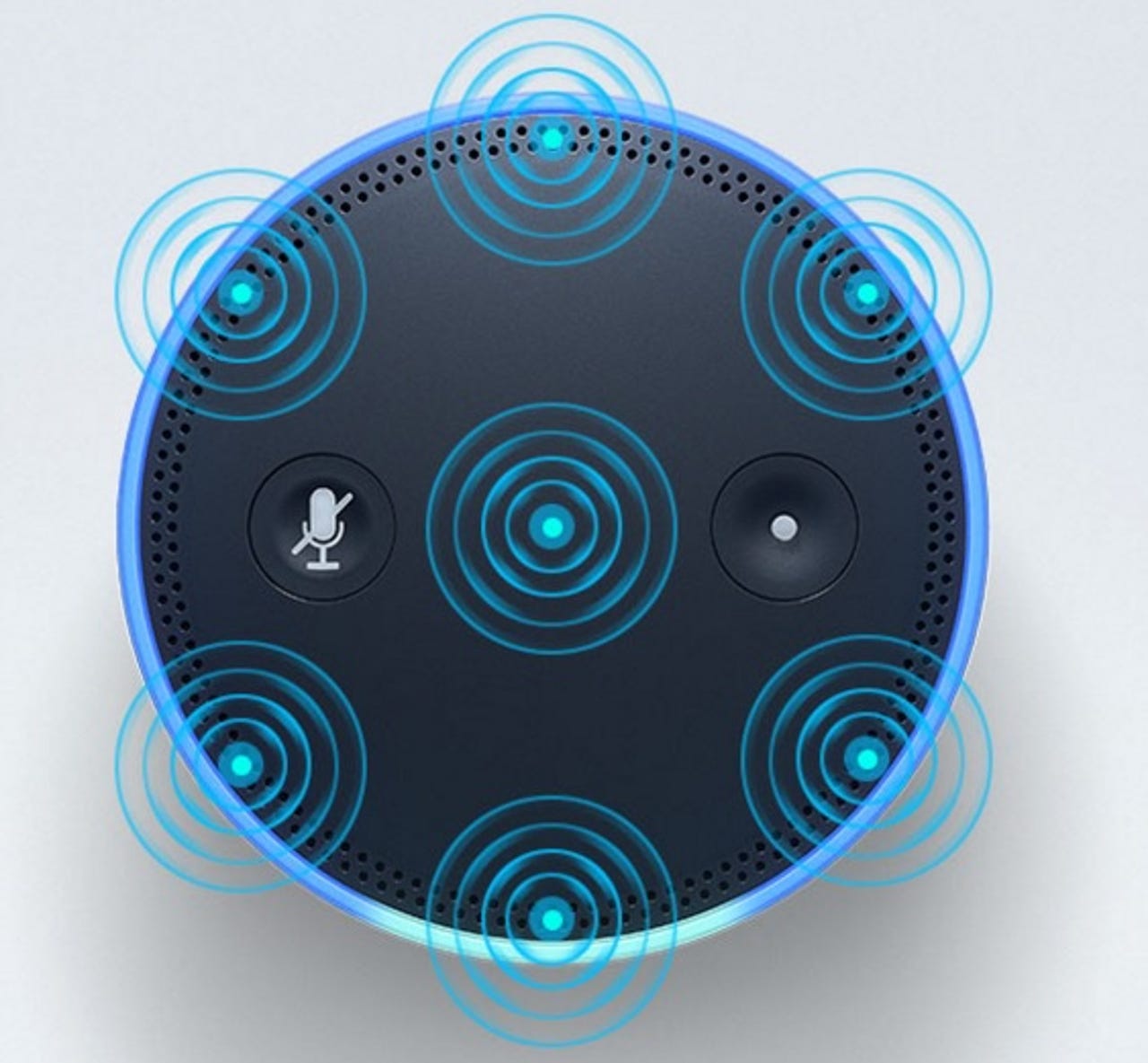Amazon's Echo Dot, Tap, Alexa equate to Amazon Everywhere strategy


Amazon is putting Alexa, the brains of Amazon Echo, in more places via the Tap and Echo Dot and now has formed a comprehensive smart home strategy that links up with e-commerce.
The Echo was Amazon's surprise hit last year. Simply put, Echo has become the platform Amazon will use to jump further into the Internet of things.
Echo looked like a flyer at first, but wound up being a control hub in many homes. Via developers and third party connections, the Echo served up information and connected to various home automation points.
First look at Echo Dot: Add Alexa anywhere
Enter the Amazon Tap, a portable version of Echo that will bring Alexa along on the fly. The Echo Dot is a small device that'll augment existing Echo installations.
When you combine Amazon's Alexa-fueled lineup with Dash, automated supply refill system, and integration with a bevy of devices the e-commerce giant will spread through households everywhere. Hell, Amazon and Brita even collaborated on a smart pitcher on Monday.
Also: Alexa goes mobile with new Amazon Tap, and Echo Dot for smart homes | CNET First takes for Dot, Tap | Alexa gets smart about thermostats with a new Nest-ready API | How to buy Amazon Echo Dot and Amazon Tap
Not surprisingly, Amazon also added native Nest and Honeywell thermostat support. These developments equate to an Amazon everywhere strategy.
Tap will go for $129.99 with shipping in March. Amazon has a "sling" for the Tap for easy toting. The Dot will be $89.99 and be available to Amazon Prime members who already own Echo or Fire TV.
What Amazon is really gunning for is a nice flywheel effect between its home endpoints, services like Prime Now, shopping and Prime subscriptions, which are expected to hit 139 million by 2018 according to BMO Capital Market estimates.